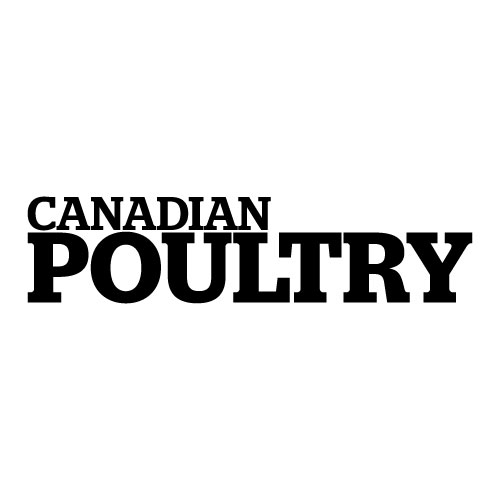
CFC seeks to empower brands to resist activists
Brett Ruffell
Features Business & Policy Consumer Issues Animal Welfare annex Business/Policy Canada Consumer relations Consumer trends From the editor Market news Sustainability
Last year the industry saw an irksome trend endure. Global food companies, in response to pressure from deceptive activist groups, continued to roll out different poultry welfare policies.
In my last conversation with outgoing Chicken Farmers of Canada (CFC) executive director Mike Dungate before he moved on, I asked him to weigh in on these developments. “Mercy for Animals (MFA) is going around threatening to destroy their brands,” he said.
Dungate took issue with the Golden Arches’ recently unveiled chicken policies. “It’s not that McDonald’s statement is closer to what Mercy for Animals wants than to what we want,” he explained. “It’s that they’re being forced to go down this road.”
Dungate also disagrees with companies making commitments on behalf of producers. “We’ve told restaurants you’re making decisions that have no impact on your own business but that have every impact on a farmer’s business.”
In the end, MFA dismissed McDonald’s plans anyhow, Dungate pointed out. Its issues: the company wouldn’t cave to their demands for slower growing broilers and more floor space. He cited this as further proof that activists aren’t interested in farm animal welfare. Instead, their agenda is to make livestock farming uneconomical.
“If you believe in animal welfare and want better treatment of birds on farms then you’d support the only program that can make it happen on every farm in this country, and that’s ours,” he said. Dungate touted CFC’s support for the National Farm Animal Care Council’s approach to developing codes of practice where multiple stakeholders get a say in the process. What’s more, he noted, CFC’s program is third-party audited.
Dungate added that these one-size-fits-all approaches to welfare that food giants develop for often very different global markets are unfair to farmers. To emphasize how frustrating it can be, he said a producer might supply one processor who has severalcontracts with different restaurant companies, each of which has slightly unique standards that the farmer has to adhere to.
One international food company even wanted its Canadian suppliers audited based on the U.S.-based National Chicken Council’s animal welfare program. CFC pushed back on that. “Why would they want that?” Dungate asked. “We have a better program and you’re confusing the farmer.”
What’s missing, he believes, is official recognition from the Canadian Food Inspection Agency (CFIA). NSF conducts third-party audits of both on-farm food safety and animal welfare for CFC. It sends the food safety report to CFIA to determine compliance. CFC wants the same process in place for its Animal Care Program.
CFIA accreditation would give restaurants and food service companies something official to anchor on to when activists pressure them. It would also make the issue precompetitive, the organization believes. CFC executives have been talking to government about implementing this accreditation for some time. “We’d like to be closer to getting this but we’re putting pressure on where we can,” Dungate said. “We’ve written, appeared before senate agriculture committees and raised it at meetings with agriculture ministers.”
He issued a challenge to activists. “If MFA truly cared about welfare on farms they’d come talk to us. They won’t do that because they’re not interested in the welfare of birds on the farm. They don’t want birds on the farm.”
Print this page